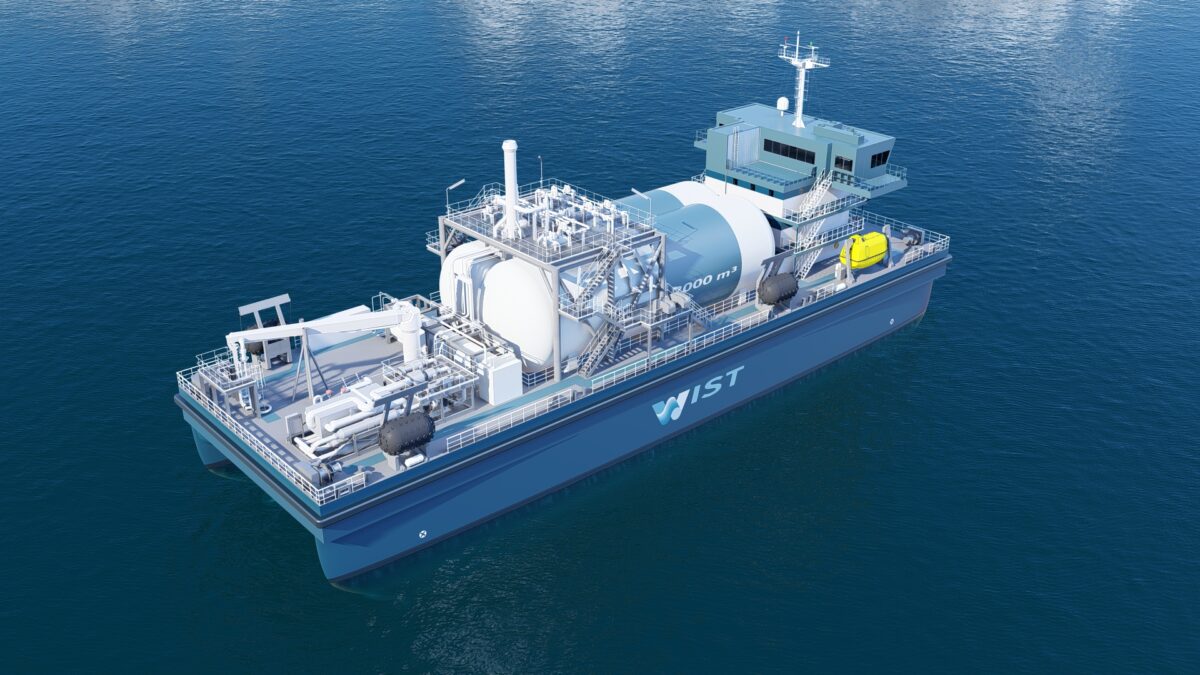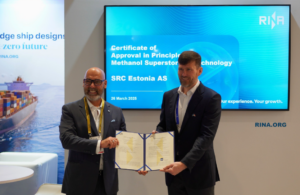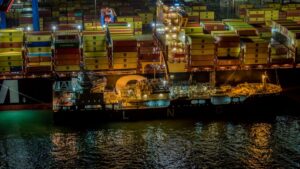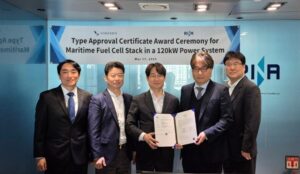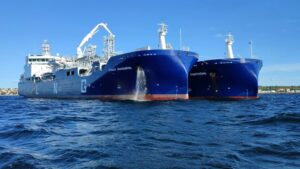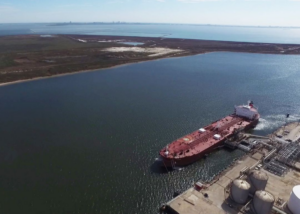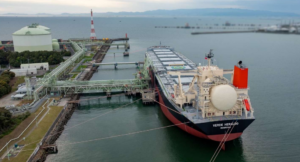RINA approves LNG bunkering weather independent shuttle tanker
Classification society RINA has granted Approval in Principle (AiP) to CMIT Europe, the first European branch of China Merchant Group, for its weather independent shuttle tanker (WIST).
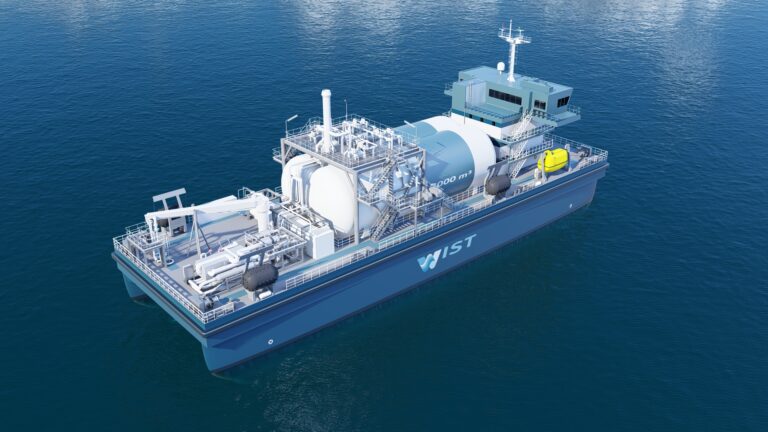
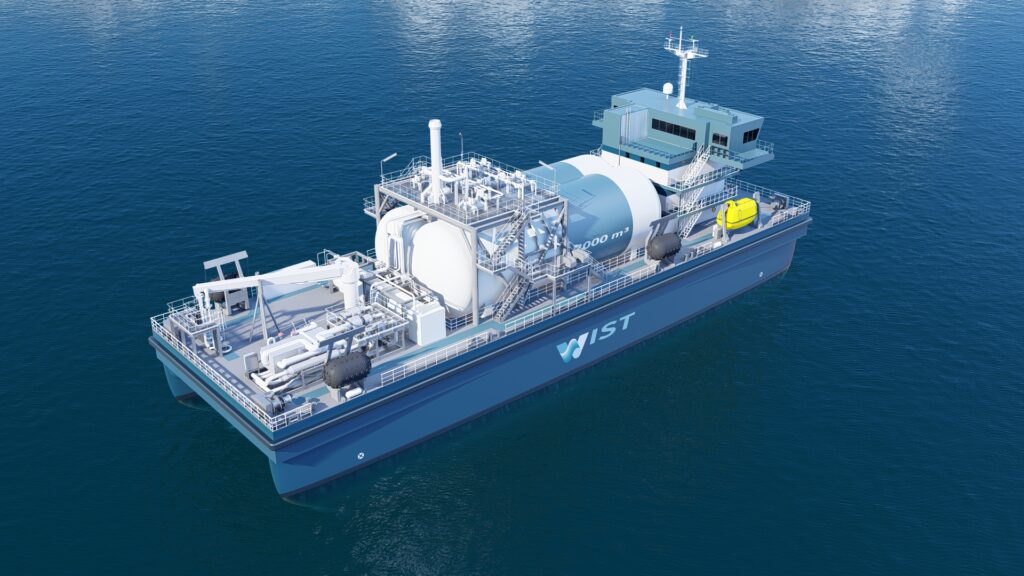
Said to be the first of its kind in the world, WIST was originally a small waterplane area twin-hull (SWATH) vessel that was modified and improved by CMIT Europe, the company said.
Now, WIST is a liquified natural gas (LNG) bunkering SWATH vessel concept capable of sailing in adverse marine weather conditions.
CMIT Europe says that the idea of WIST was born to exploit the advantages of the SWATH technology to an extremely complex operation, such as the transport of LNG and above all to the possibility of transporting LNG anywhere and at any time without fearing the uncertainties dictated by the weather.
As disclosed, CMIT Europe designed cargo handling, fuel gas supply system (FGSS), re-liquefaction and all other topsides specifically for the vessel.
According to RINA, the solution is expected to contribute significantly to the spread of the use of LNG onboard vessels in a safe and efficient way.
Earlier this year, the classification society secured a framework contract with European Maritime Safety Agency (EMSA) to support LNG bunkering initiatives.
The initiatives will deal with increasing the availability of LNG in the medium term with small-scale bunkering and depots with the ultimate goal to expand the use of LNG throughout the Mediterranean, Black, and Caspian Seas.
For its part, RINA will provide a selection of services dealing with safety and feasibility to match project needs in different locations.
The framework contract will run for a period of four years. It currently covers 22 countries in the regions.
At the time, Angelo Lo Nigro, energy engineering solutions senior director at RINA, said that the frame agreement with EMSA will help make LNG storage and bunkering available in port areas and will also bring consistency and guidance for economically developing nations that do not yet have strong experience with small scale LNG.
Related Article
-
EMSA awards RINA contract to support LNG bunkering
Business Developments & Projects

